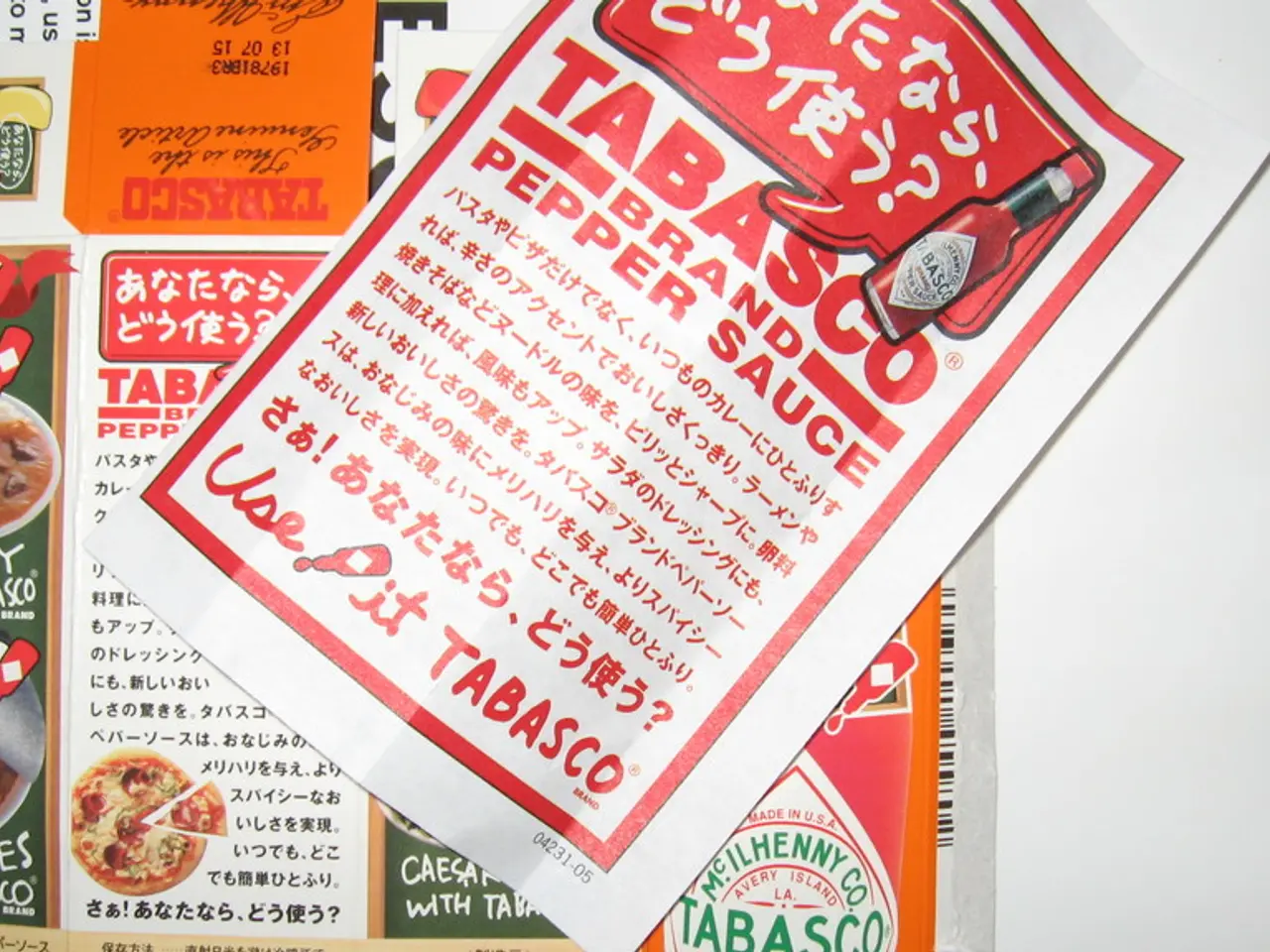Court concludes on deceptive health advertisements: Supreme Court permits AYUSH advertisements without state authorization
Rule 170 of the Drugs and Cosmetics Rules, 1945, Abolished: No More Pre-Approval Required for Ayurvedic, Siddha, and Unani Advertisements
In a significant development, Rule 170 of the Drugs and Cosmetics Rules, 1945, which mandated pre-approval by State licensing authorities for advertisements of Ayurvedic, Siddha, and Unani medicines, has been formally deleted by the Ministry of Ayurveda, Yoga & Naturopathy, Unani, Siddha, and Homoeopathy (AYUSH) as of July 1, 2024.
This deletion means that manufacturers of Ayurvedic, Siddha, and Unani medicines no longer require prior approval for advertising their products. However, it is essential to note that regulation against false or exaggerated claims continues under other legal frameworks.
The Supreme Court had initially imposed a stay on the deletion of Rule 170 in August 2024, temporarily keeping the pre-approval requirement active while litigation continued. However, on August 11, 2025, the Supreme Court vacated the stay on the omission of Rule 170, effectively upholding the deletion by the Centre.
During the hearing, Justice K.V. Viswanathan questioned how states could enforce a rule that the Centre had already removed. Justice B.V. Nagarathna, on the other hand, stated that the Court cannot revive or legislate to bring back a rule once omitted by the Centre. The Supreme Court also recognised that banning advertisements altogether would be unfair given that AYUSH products are manufactured and sold.
The case was initially focused on Patanjali's misleading ads, the failure of regulatory authorities to act, and the corrective steps to be taken by Patanjali and its promoters. However, it later expanded to include larger issues such as misleading advertisements by other consumer goods suppliers and unethical practices in modern medicine.
The Indian Medical Association's petition against misleading claims in advertisements of traditional medicine was also closed by the Supreme Court. The Court allowed parties to approach the High Court if they have any problems with the omission of Rule 170.
In summary, Rule 170 no longer exists as part of the Drugs and Cosmetics Rules, 1945, and no pre-approval for advertisements of Ayurvedic, Siddha, or Unani medicines is currently required by the State licensing authorities in India. However, regulation against false or exaggerated claims continues under other legal frameworks.
[1] The Indian Express, "Rule 170 of the Drugs and Cosmetics Rules, 1945, deleted by AYUSH Ministry," August 1, 2024. [2] Livemint, "Supreme Court stays deletion of Rule 170 of the Drugs and Cosmetics Rules, 1945," August 27, 2024. [3] Bar and Bench, "Supreme Court vacates stay on deletion of Rule 170 of the Drugs and Cosmetics Rules, 1945," August 11, 2025. [4] The Hindu, "Court upholds deletion of Rule 170 of the Drugs and Cosmetics Rules, 1945," August 11, 2025. [5] The Times of India, "No more pre-approval required for Ayurvedic, Siddha, or Unani medicine advertisements," August 12, 2025.
- The deletion of Rule 170 from the Drugs and Cosmetics Rules, 1945, has significant implications for the health-and-wellness sector, particularly for the business of Ayurvedic, Siddha, and Unani medicines, as manufacturers no longer need pre-approval for advertising their products.
- Meanwhile, in the education-and-self-development sphere, the Indian Medical Association's petition against misleading claims in advertisements of traditional medicine was recently closed by the Supreme Court, fosteringself-awareness and ethics in the realm of advertising within the medical-conditions domain.
- As general-news outlets cover the latest developments in finance, businesses are closely scrutinizing the pharmaceutical industry, keeping an eye on the long-term impact of this rule change on the health, wellness, and possibly even the advertising strategies of major players in the finance and business sectors.




